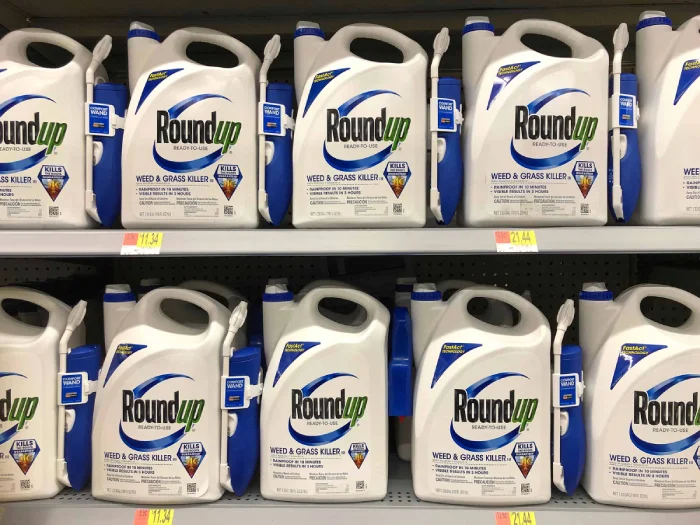Roundup and the Battle for Justice:
The Rising Concern Over Roundup Usage
Roundup, a popular weed killer owned by Monsanto and Bayer, has become the center of a legal storm. Thousands of individuals have filed lawsuits against the manufacturers, claiming that Roundup’s active ingredient, glyphosate, is carcinogenic. These lawsuits have emerged after scientific studies linked glyphosate to various types of cancer, most notably non-Hodgkin lymphoma. The legal response has been the formation of mass torts and multidistrict litigation (MDL) to handle the high volume of individual cases with unique injuries and damages.
Health Risks and Legal Allegations Against Roundup
The lawsuits against Monsanto and Bayer allege that Roundup’s ingredients are harmful to users’ health. Plaintiffs argue that the companies either knew about the risks and failed to warn consumers or were negligent in their product development and testing. These legal actions have highlighted the potential carcinogenic nature of glyphosate and its connection to serious health issues, especially non-Hodgkin lymphoma and other types of lymphoma and leukemia.
Significant Legal Milestones in Roundup Litigation
The legal journey against Roundup has seen significant developments:
- Dewayne Anthony Lee Johnson’s Landmark Case (2018): Johnson, a school groundskeeper who developed non-Hodgkin lymphoma, was awarded $289 million in damages, later reduced to $78 million, and finally settled for $21 million.
- Edwin Hardeman’s Bellwether Trial (2019): Hardeman’s case, as a bellwether trial, helped set a precedent in the MDL against Roundup, leading to a $25 million verdict in his favor.
These cases have set important legal precedents and have been instrumental in shaping the ongoing litigation.
The Scale of the Issue and Bayer’s Response
To date, Monsanto has settled approximately 100,000 cases, with payouts totaling around $11 billion. Thousands of cases remain ongoing, with new lawsuits being filed regularly. These actions reflect the serious concerns and the widespread impact of Roundup usage across various demographics.
Scientific Evidence Linking Glyphosate to Cancer
Several studies have played a crucial role in the legal proceedings:
- International Agency for Research on Cancer (2015): Classified glyphosate as “probably carcinogenic to humans.”
- Agricultural Health Study (2018): Showed a correlation between glyphosate exposure and acute myeloid leukemia.
- University of Washington (2019): Found a 41% increased risk of non-Hodgkin lymphoma in glyphosate users.
- Environmental Protection Agency (2020): Despite the growing body of evidence, did not classify glyphosate as carcinogenic, a stance currently under review.
Riz Injury Law Firm: Advocating for Roundup Victims
At Riz Injury Law Firm, we specialize in representing individuals affected by harmful products like Roundup. If you or a loved one has been diagnosed with a glyphosate-related condition, our team is here to guide you through the complex legal process and ensure your rights are protected.
Are You Eligible for a Roundup Lawsuit?
To qualify for a lawsuit, plaintiffs typically need to show a diagnosis of cancer, such as non-Hodgkin lymphoma, and demonstrate use of Roundup. We understand the nuances of these cases and are committed to helping you gather the necessary evidence and documentation to strengthen your claim.
If you believe you have been affected by Roundup, it is crucial to seek legal counsel. Riz Injury Law Firm is prepared to evaluate your case, advise you on your legal options, and represent your interests vigorously.
Contact Riz Injury Law Firm today to begin your journey towards justice and compensation. With our expertise and commitment, we are dedicated to achieving the best possible outcome for your case.






